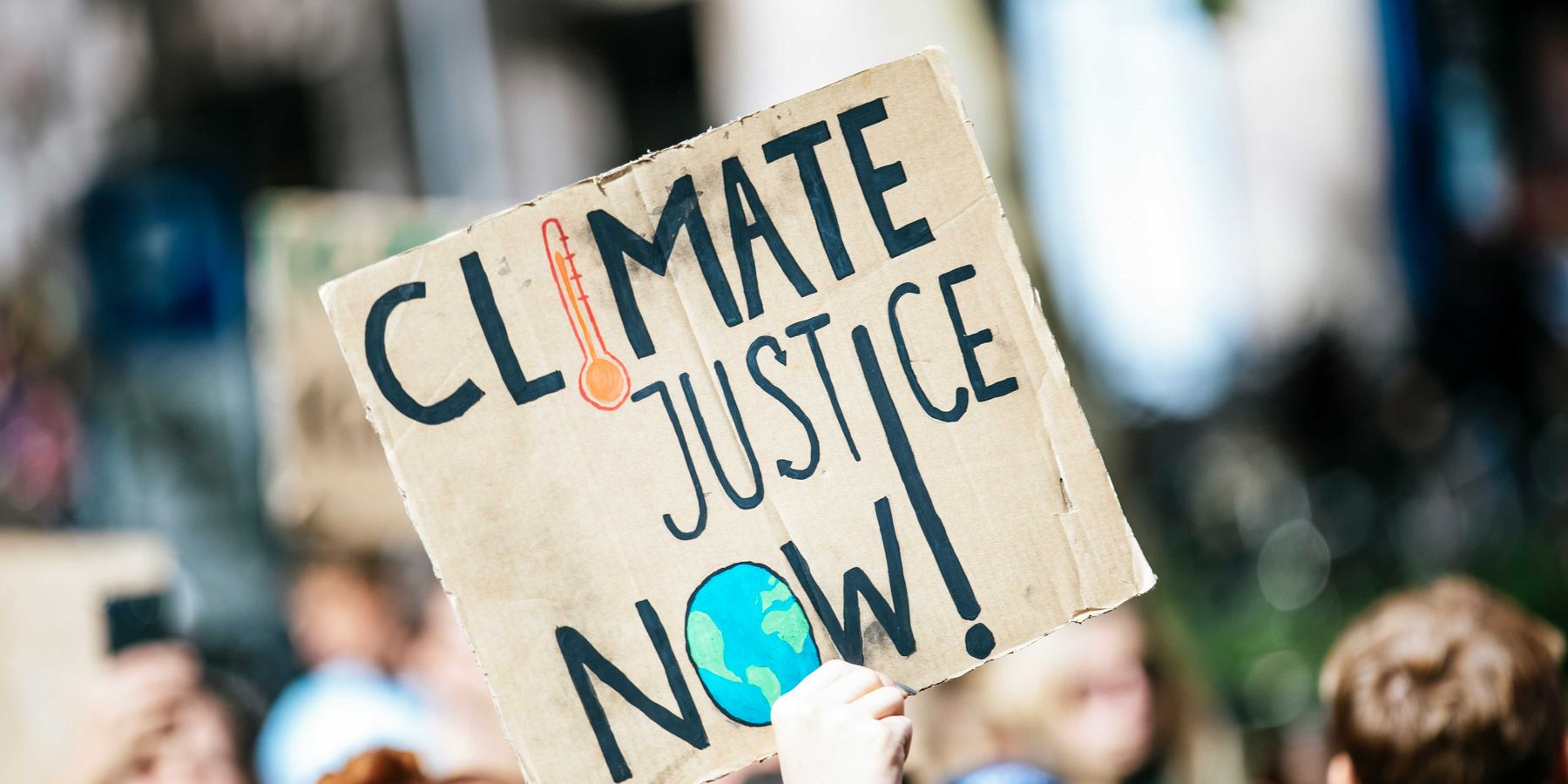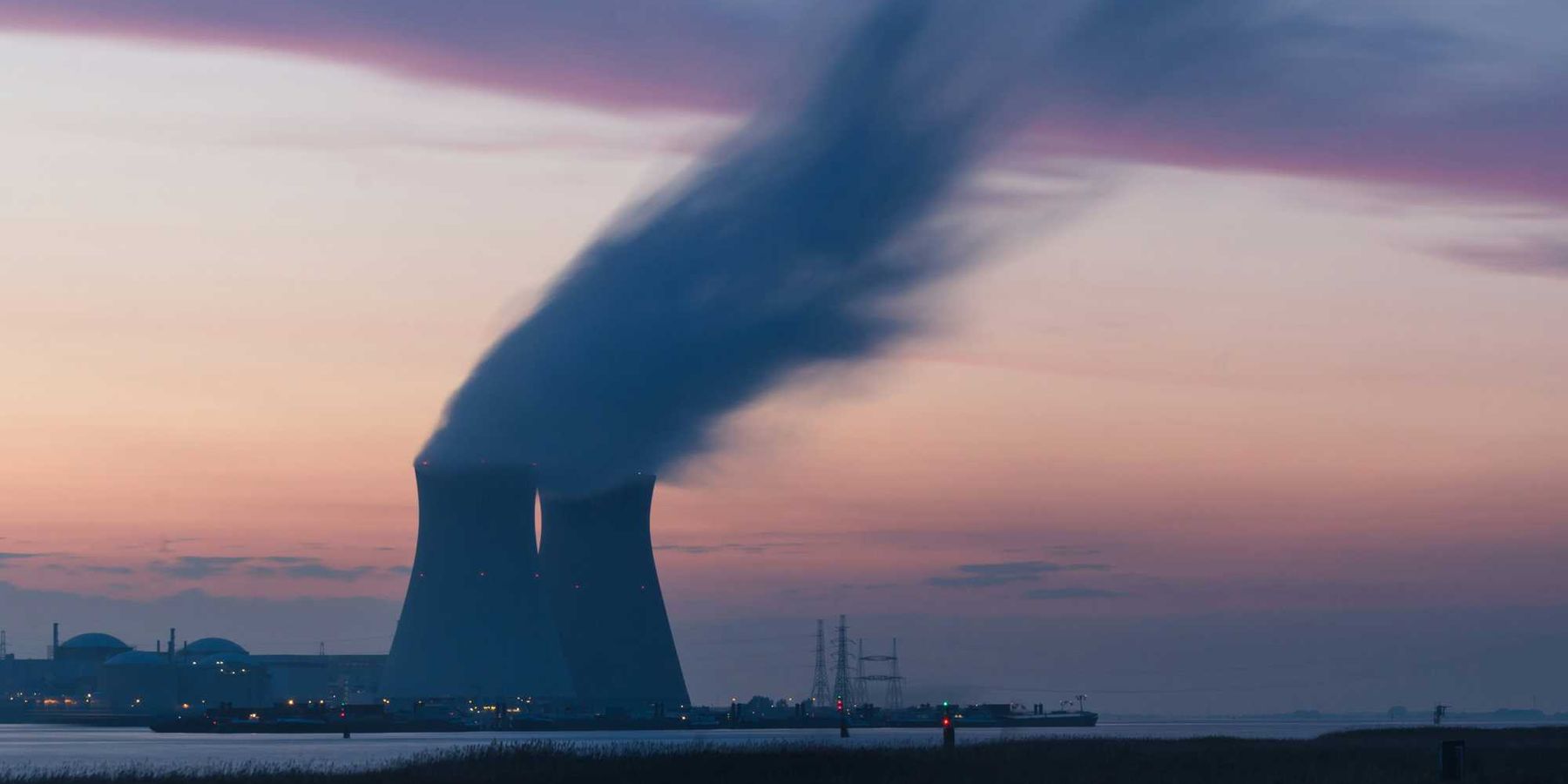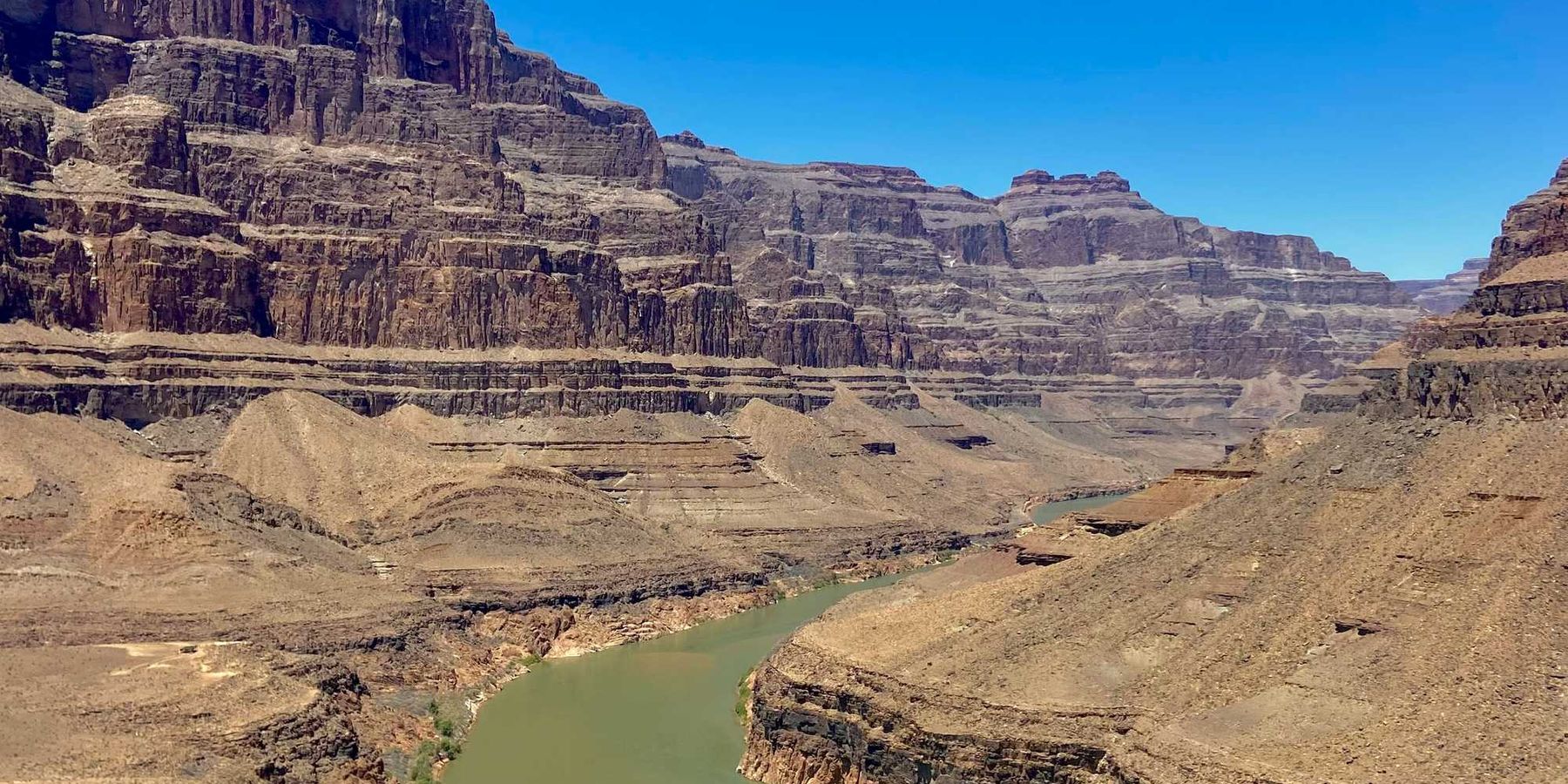Scientists move forward with climate assessment work despite federal dismissals
Major scientific societies will publish research for the stalled National Climate Assessment after the Trump administration removed the project’s authors.
Rebecca Dzombak reports for The New York Times.
In short:
- The American Geophysical Union and the American Meteorological Society will allow researchers to publish chapters originally prepared for the National Climate Assessment (NCA6), which was disrupted when the Trump administration dismissed its scientific teams.
- The National Climate Assessment, mandated by Congress, reviews climate science and informs policy responses; the sixth edition was expected in 2028 but is now uncertain due to funding and staffing cuts.
- Scientists say continuing this work independently helps preserve momentum and ensures valuable climate data and analysis remain available to policymakers and the public.
Key quote:
“This collaboration provides a critical pathway for a wide range of researchers to come together and provide the science needed to support the global enterprise pursuing solutions to climate change.”
— Brandon Jones, president of the American Geophysical Union and a program director with the National Science Foundation
Why this matters:
The National Climate Assessment offers a vital, government-backed synthesis of how climate change affects the United States and what steps might mitigate its worst outcomes. Federal dismissal of its authors jeopardizes not only the next report’s publication but also the continuity and public credibility of climate science. By stepping in, scientific societies aim to prevent years of research from vanishing and maintain the flow of information crucial to decision-makers and the public. Climate assessments also inform infrastructure planning, public health strategies, and environmental protections. When political forces impede or halt this work, the consequences ripple outward, potentially leaving communities less prepared for the accelerating impacts of climate change.













